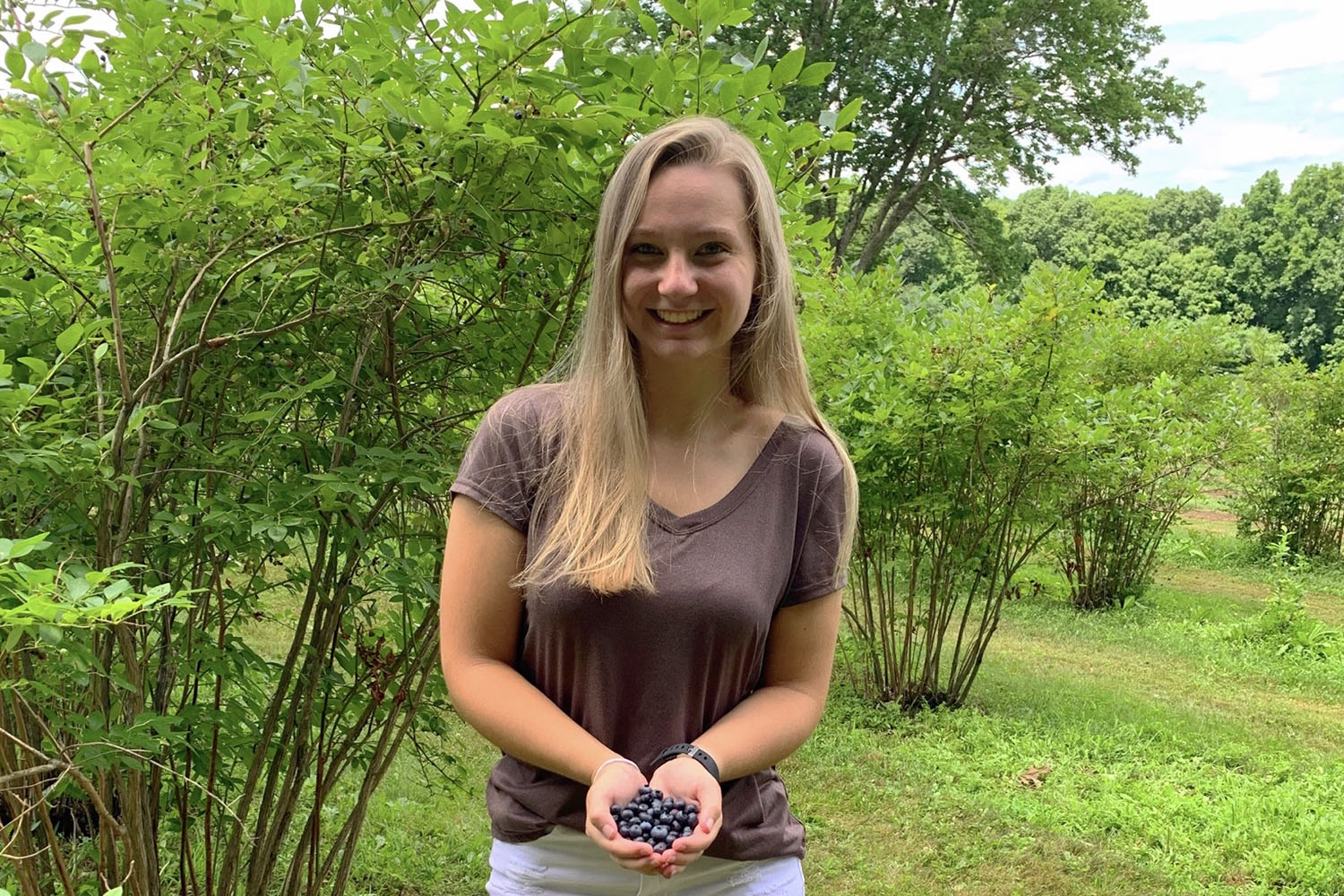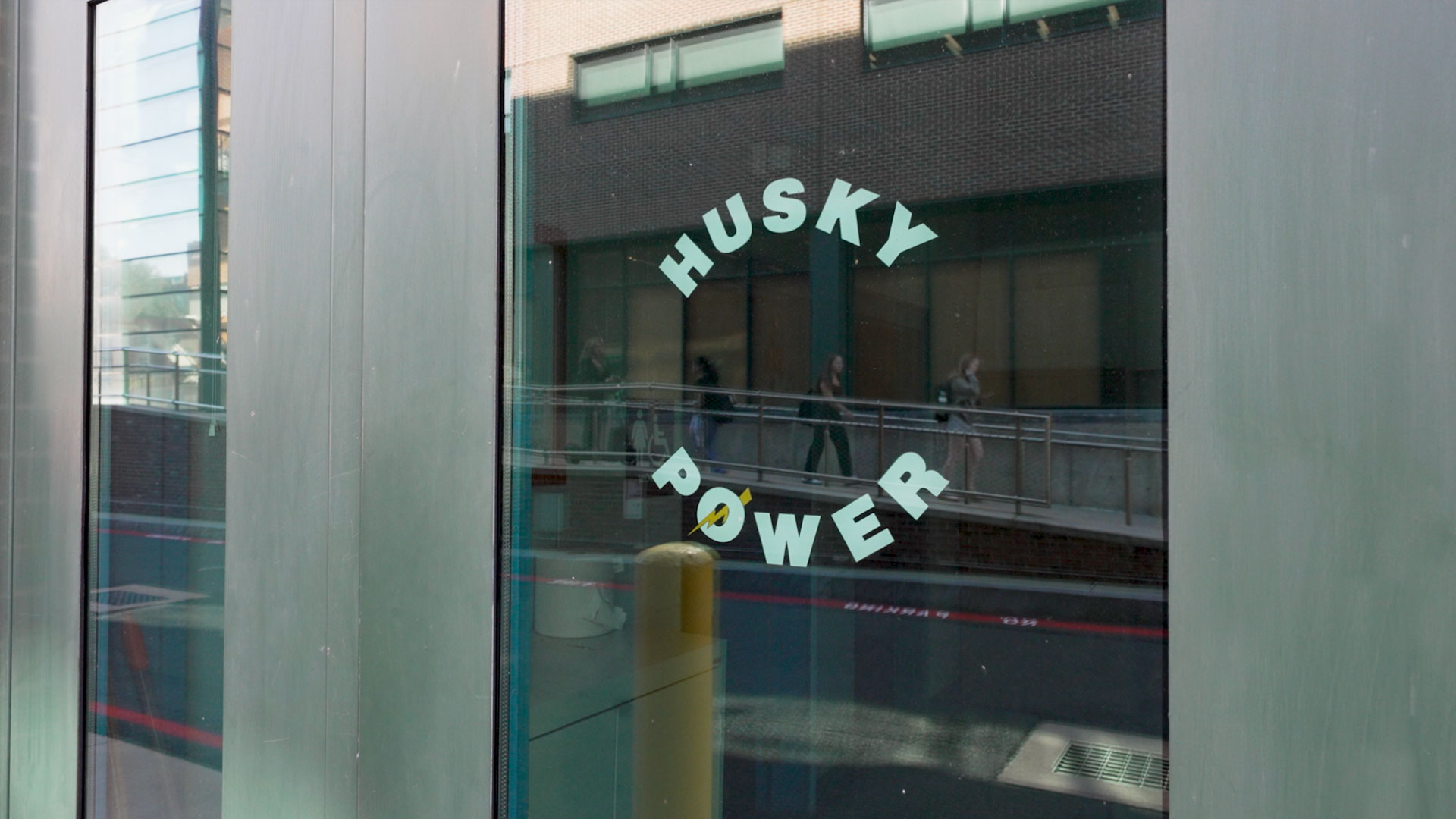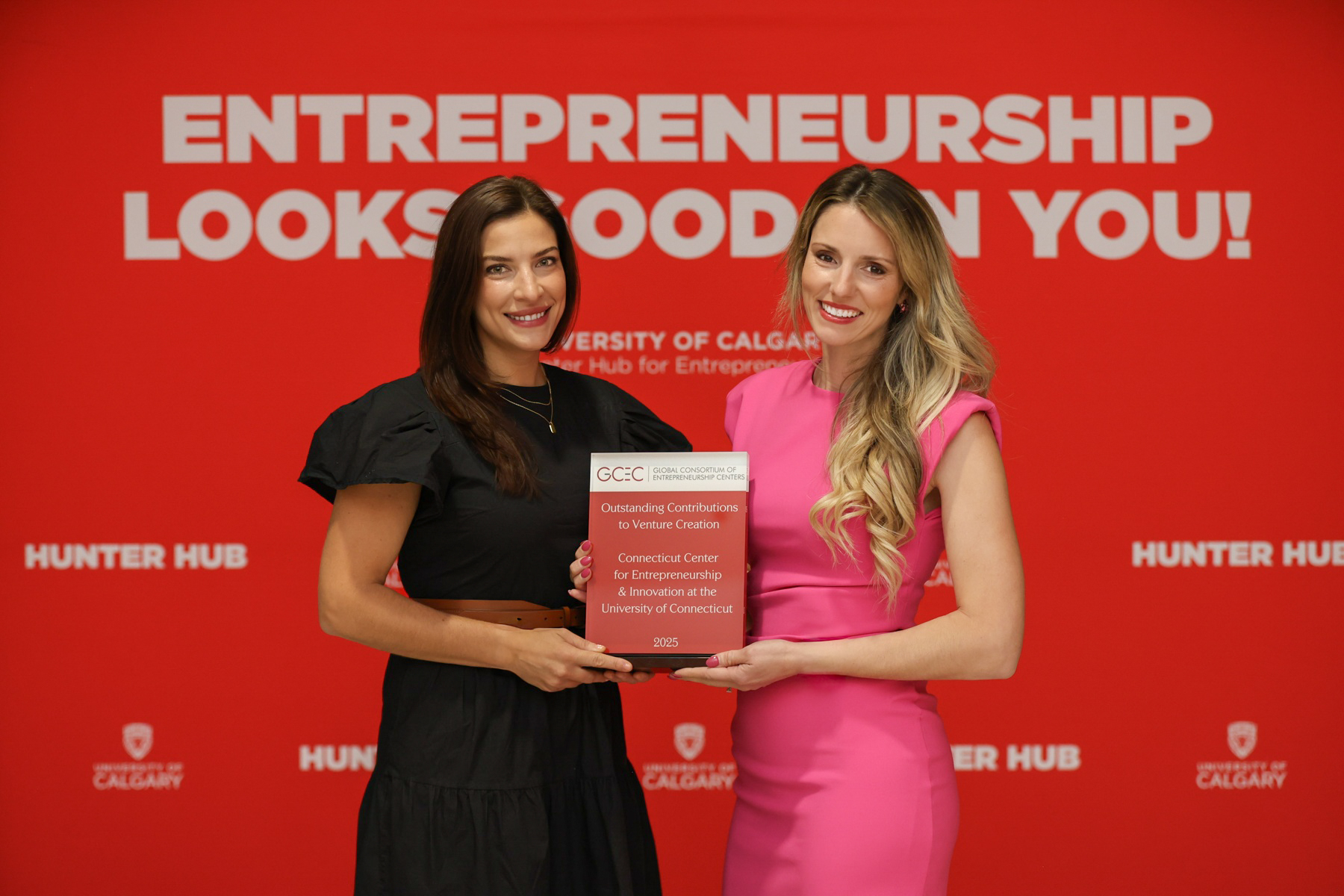Autumn Blasi is planning a career as a registered dietitian (RD), but she is open to various options. While she can see herself in pediatric nutrition, she would also enjoy working with an elderly population. When asked to name a pressing issue for her generation, Blasi says that the oppression of the Black community must finally be addressed. She is aware that as an RD she can be respectful and help make sure that everyone has a voice. Knowing that she is going into a field that is largely white, she feels it is her role to step back at times and defer to her colleagues of color and listen as they share their knowledge and concerns. Read more about Autumn’s experiences as a UConn student.
What attracted you to the UConn College of Agriculture, Health and Natural Resources?
Initially, I was attracted to the UConn College of Agriculture, Health and Natural Resources simply because it was the college where my major, nutritional sciences, was offered. However, over the past few years I have remained connected to the College due to the kindness and guidance I have received from multiple amazing professors and advisors.
Why did you choose your particular major?
Within UConn CAHNR, I am majoring in nutritional sciences with a didactic concentration and a minor in food science. I was initially attracted to this major while taking Introduction to Food Science during the spring of my freshman year. Learning the science behind food fascinated me and drove me to look further into the connection between food and health through the nutritional sciences major.
Which one of your UConn activities, internships or jobs was the most memorable? Why?
The most memorable experience I’ve had at UConn has been working as the clinical outpatient/community nutrition intern through the Expanded Food and Nutrition Education Program (EFNEP) and UConn Extension. Under the guidance of my incredible internship supervisors, I have been able to gain an in-depth understanding of how nutrition affects both the general population and those with metabolic disorders through industry meetings, webinars and patient events. I’ve also been able to have a hands-on experience by co-creating a summer nutrition course in an entirely virtual environment, while expanding on and challenging my own views.
Name two other experiences that have enriched your studies.
I have had the opportunity to be an undergraduate meat science teaching assistant for Dr. Richard Mancini. This allowed me to experience food science through the lens of a mentor and teacher and drove me to go further in depth with my nutritional science studies. I also had the opportunity to participate in the UConn New Haven Urban Food Insecurity alternative break trip. During the preparations for the trip and the experience itself, I was able to enhance my understanding of the connection between food insecurity, health, politics and society as a whole.
What has been the biggest challenge in your UConn career?
The biggest challenge of my UConn career has been taking biochemistry (MCB 2000). After receiving a grade lower than what I would have liked on my first exam, I had to create time in my already busy schedule to learn all of the details I had originally missed. I also had to learn it was okay to seek help through peers and professors. By doing this, I was able to improve my grades on all following exams.
When do you expect to graduate? What then?
I will graduate in May 2021. After that, I hope to begin a dietetic internship in either clinical or community nutrition to eventually become a registered dietitian.
Has the COVID pandemic affected your studies or research?
The COVID pandemic has greatly impacted both my studies and my internship. When the pandemic hit, I was enrolled in three lab courses, which all had to immediately switch to an online format. This created some technical difficulties, but I was lucky enough to have peers and professors who were incredibly helpful and understanding. In my internship, I was originally meant to be shadowing a registered dietitian in person in a clinical environment. Due to the pandemic, my internship supervisors and I had to quickly adapt to an online only format, where my experience is just as enriching, but different than the original plan.
Is there anything else you would like us to know about you?
While I have become fully immersed in the world of health and nutrition, this was not always my path. I had originally entered UConn as a political science major and spent three semesters taking courses in the College of Liberal Arts and Sciences. Making this large change has allowed me to understand my strengths and weaknesses in both fields and know that I am capable of more than one specific career path.



